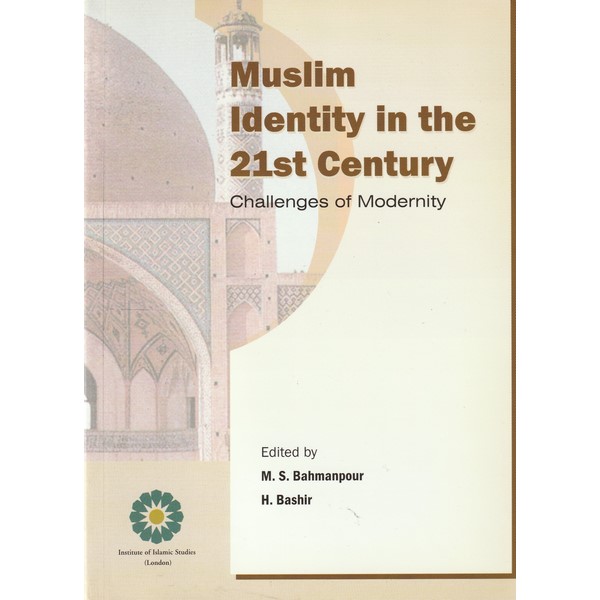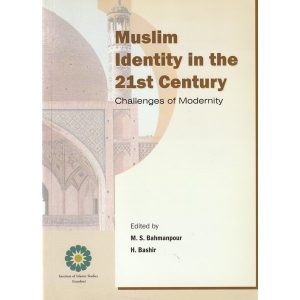Description
Muslim Identity in the 21st Century Challenges of Modernity Edited by M.S. Bahmanpour and H. Bashir “Muslim Identity in the 21st Century: Challenges of Modernity” is a collection of articles presented at an international conference with the same titles, in London from October 31st to November 1st, 1998. The conference was meant to discuss and put forward solutions for the challenges facing Muslims, who as believing people, are trying to follow a written and divine shari’ah at the threshold of the 21st century, amidst the dramatic social, economic and political changes brought about by modern society. The book consist of thirteen articles which have been arranged in three chapters, entitled: “Muslim Ummah”, “Muslim Identity in a Rationalized World” and “The Impact of Education and Communication Technology on Muslim Identity.” The Institute of Islamic Studies – London, established in 1995, organized this conference. The Institute aims to examine, facilitate and co-ordinate research in the fields of Islamic history, literature, culture and civilization in close co-operation with the scholars who are actively engaged in researches in these fields. The Institute seeks to stimulate academic debate and discussion on issues related to Muslim affairs – especially Muslim communities living in Europe and North America – and analyze them in their political, social, economical, historical and cultural context. This conference was a step forward that should lead us to a better understanding of the challenges facing Muslims in the 21st century. M.S. Bahmanpour is a Visiting Fellow at the University of Cambridge. Dr. H. Bashir is the Dean of Oxford Academy for Advanced Studies and Managing Director of the monthly magazine “Discourse”. Both are members of academic board of the Institute of Islamic Studies (London). – Institute of Islamic Studies (London) BookExtra Publishers
Heavily subsidized by www.islamicthought.co.uk







Reviews
There are no reviews yet.